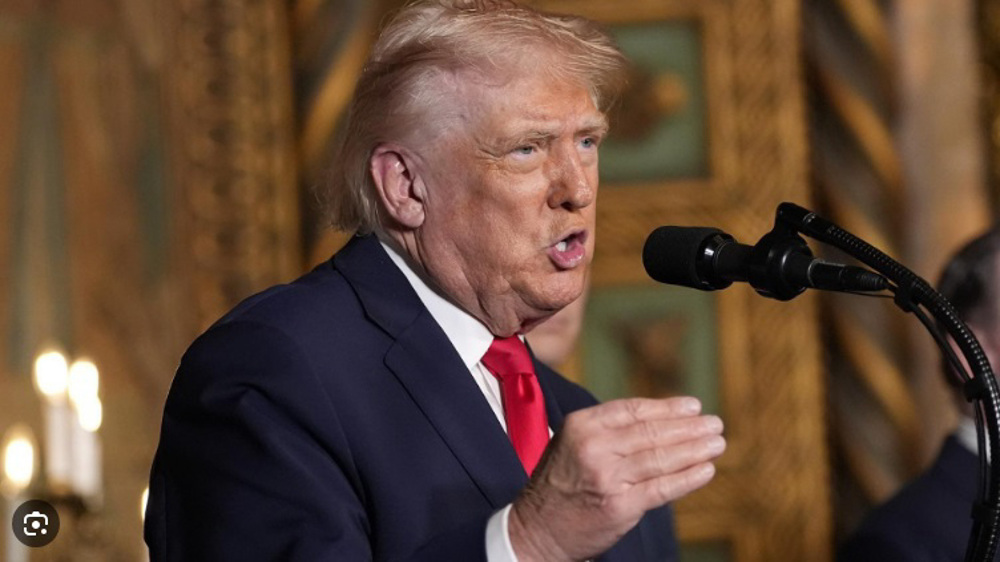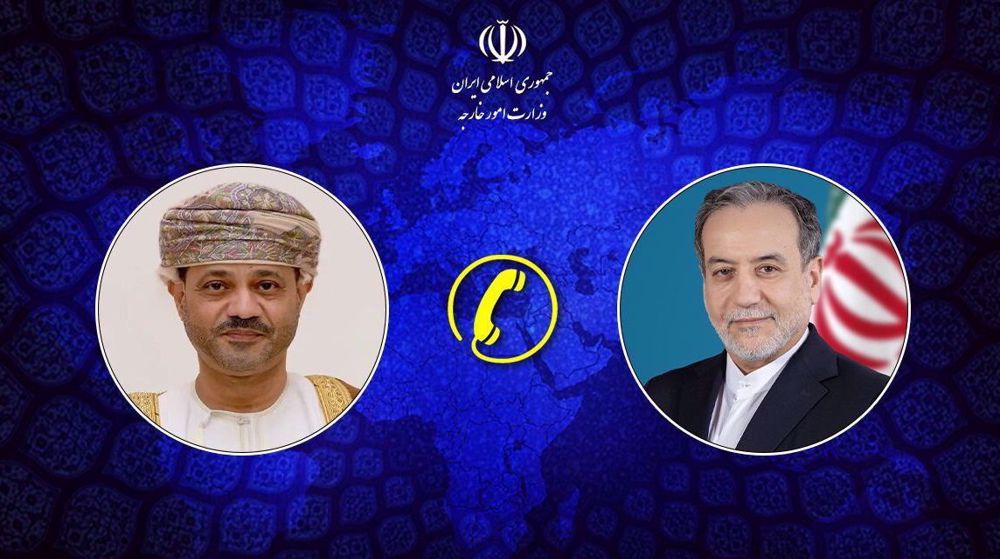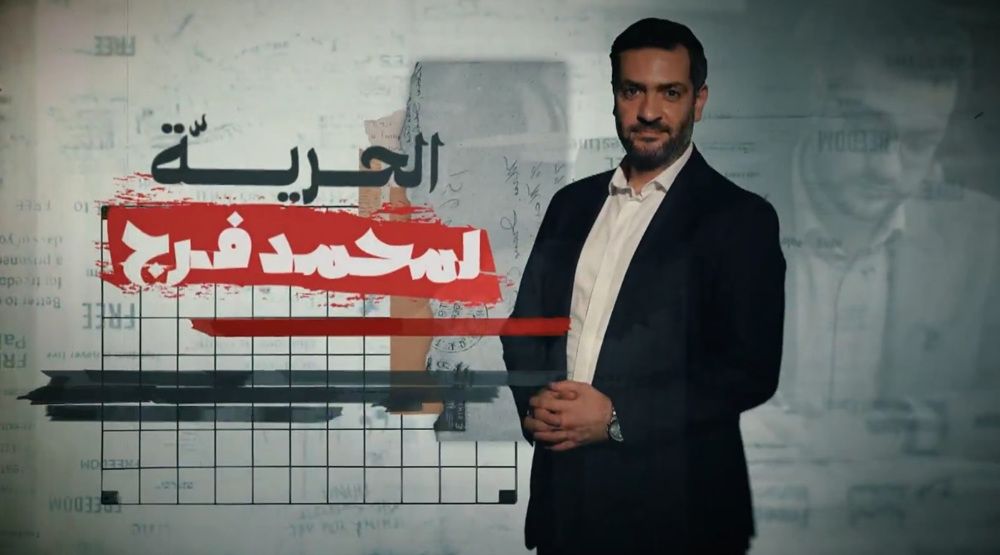Saudi-led warplanes attack popular market in Sa’ada
The warplanes of the Saudi-led alliance have attacked a popular market in the northwestern Yemeni city of Sa’ada, killing or injuring at least 15 people, according to Yemen’s al-Massira TV.
The attack occurred as Saudi-led warplanes have pounded the Yemeni capital city of Sana’a for the second consecutive day.
The airstrikes against Sana’a resumed during the early hours of Friday.
The planes bombed military and civilian targets in and around the Yemeni capital.
Al-Massira television, run by Yemen’s Houthi Ansarullah fighters, said anti-aircraft defenses opened fired on the warplanes following the raids.
The airstrikes targeted the al-Samaa military base north of the capital and al-Istiqlal camp on the western edge of Sana’a.
Witnesses said there were no immediate reports of casualties.
Houthi’s television also said that anti-aircraft guns have shot down a reconnaissance plane west of Sana’a.
Meanwhile, Houthi fighters and their allies have also captured the town of Loder in southern Abyan Province from al-Qaeda militants.
The Saudi military launched an aggression against Yemen on Thursday, pounding Sa’ada and the southern city of Ta’izz.
Yemeni Health Ministry officials say 39 people have been killed in Yemen since Saudi-led strikes began.
Saudi threats against Houthis

Yousef Mawry, Press TV's correspondent in the Yemeni capital, Sana’a, said on Friday that the Saudi-led coalition has reportedly given a three-day ultimatum to Yemen’s Houthi Ansarullah fighters to withdraw from all political and security intuitions and key military bases in the country, and leave the capital, otherwise they will face intensified attacks.
Mawry also noted that according to Ansarullah leader Abdul-Malik al-Houthi’s speech on Thursday, two fronts will be established in the country, a defensive front to preserve security in the capital, and an offensive front to counter the Saudi-led strikes.
The invasion of Yemen came as fugitive Yemeni President Abd Rabbuh Mansur Hadi arrived in the Saudi capital, Riyadh, on Thursday night. Riyadh says it has launched the strikes to defend the “legitimate government” of Hadi upon his request.

There are reports that Hadi would represent his country at the 26th summit of the Arab League, which will be held in Egypt’s Red Sea resort of Sharm el-Sheikh on March 28-29.
The airstrikes against Yemen have drawn condemnation from many countries, including Iran, Russia, Iraq, Syria as well as the Lebanese resistance movement, Hezbollah.
Iranian Foreign Minister Mohammad Javad Zarif has said, “We demand an immediate stop to the Saudi military operations in Yemen.”
Russia’s Foreign Ministry has slammed the Saudi aggression, saying, “Such a scenario cannot lead to the conflict’s settlement by definition.”
The Al Arabiya News Channel reported on Thursday that Saudi Arabia has deployed 100 fighter jets, 150,000 soldiers and other navy units for the military campaign in Yemen.
The blatant violation of Yemen’s sovereignty by Saudi Arabia has so far been ignored by international organizations, especially the UN, which remains silent toward aggression against one of its member states.
'US plot against popular movement'

In an interview with Press TV, Anthony Hall, a professor of globalization at Canada’s University of Lethbridge, said the Saudi aggression against Yemen is a scenario in which the US “is calling on a proxy force, Saudi Arabia and the [Persian] Gulf Cooperation Council” to use force to derail “a popular movement against an oppressive regime.”
He said Saudi Arabia “is oppressing its own population with the same armaments, the same repressive tactics being directed at the Houthis” in Yemen and should not be allowed to interfere in Yemen’s internal affairs.
Riyadh is “using the power coming from petrodollars, coming from alliances … with the military superpower [and] with the Zionists” to wage a war on its neighbor, Hall noted.
This comes as Saudi Arabia pays no respect to the basic principles of democracy such as holding elections and there are reports of “terrible repressions against human rights activists” within the kingdom, the academician stressed.
MSM/HSN/HMV
Israeli tank fires on Lebanese army during joint UN mission in south Lebanon: Report
Iran certain to deliver decisive response to Trump’s threats: Senior commander
Netanyahu skipped Davos amid arrest fears: Reports
VIDEO | West’s support for terror in Iran
VIDEO | Press TV's news headlines
More Europeans see Trump as 'enemy' than 'friend': Survey
Ukraine war talks begin in UAE as Russia repeats Donbas demand
Iran slams UNHRC session as illegitimate, says no submission to foreign pressure









 This makes it easy to access the Press TV website
This makes it easy to access the Press TV website